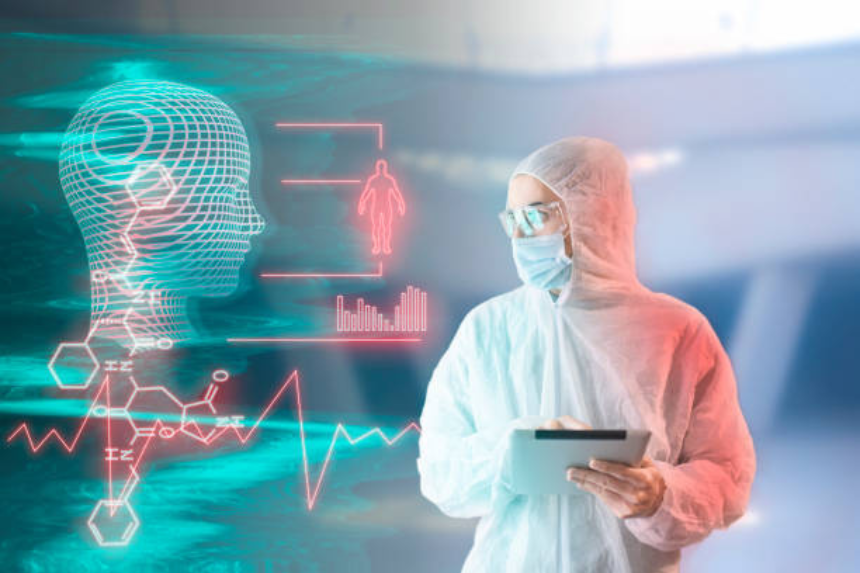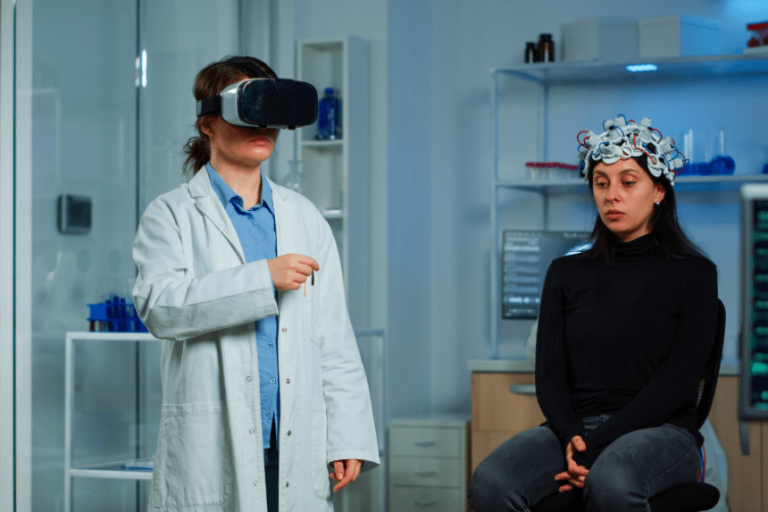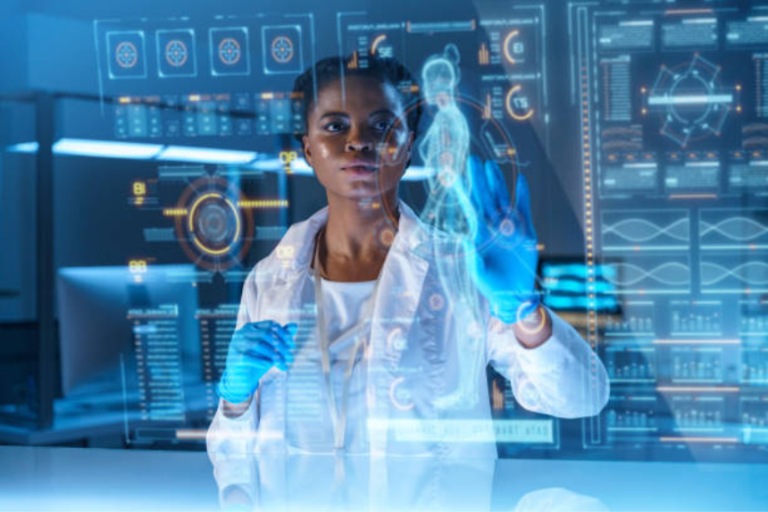In the genre of healthcare applications, the relevance of Artificial Intelligence has become undeniable. It is a significant medical introduction and has caused a revolutionary shift in the approach of medical professionals in time. Methods of treatment planning and diagnostics are gaining momentum with Artificial Intelligence.
Use of AI in the Medical Genre
There are vital areas where AI has a possible impact, such as its ability to analyze complicated medical data and its role in enhancing the efficacy and accuracy of various treatment solutions. Reasons are obvious as to why AI is considered indispensable in the medical field. Here are things enlisted regarding AI’s role in treatment and diagnosis.
- AI can help in analyzing complicated medical details. It is an option that can be perfectly adept in handling huge data volumes, and it is a usual feature of medical datasets.
- AI can analyze medical data quickly, and in turn, it will help identify traits, trends, patterns, and anomalies, which are something that humans cannot easily detect.
- AI can help improve diagnostic correctness. AI algorithms will assist doctors in detecting diseases accurately. These AI-powered tools in the field of radiology can help detect abnormalities in imaging and scans with a degree of precision.
- AI tools enhance treatment planning. They assist in creating personalized treatment plans by considering various factors, including generic details of a patient’s lifestyle and health status.
- AI tools are used for predictive analytics. It can predict possible health risks or disease progression by analyzing patterns of patient data. Here, predictive capacity is highly important in the prevention of medication and the handling of acute conditions.
- AI tools are needed to streamline clinical and administrative methods. In addition to clinical applications, AI will also help with clinical administrative tasks. These are things like billing, scheduling, and managing patient records. All things together will help improve the efficiency and status of healthcare services.
- Artificial intelligence is highly required in diagnostic procedures and is considered to be a magical game changer. It is necessary for imaging analysis, predictive diagnostics, and even at the pathology center. AI is applicable in deep learning, which involves neural networking. It is adept at interpreting and processing complicated data sets.
Making Things Possible
These networks can help analyze various images from X-rays, MRIs, and CTC scans in medical imaging. AI is for improved pattern recognition. AI algorithms are well-trained to detect abnormalities in several medical images. AI tools can spot patterns that are not visible to the human eye. This capability can help enhance the accuracy level in diagnosis, especially in matters of easy disease detection.
Conclusion AI tools work quickly and consistently. AI systems can provide constant analysis, and they are unaffected by human factors like getting tired or subjective bias. AI helps with faster image processing and quicker and correct treatment. AI methods and methods have been successful in disease detection, like breast cancer in mammograms, and can even detect lung nodules in chest X-rays.







